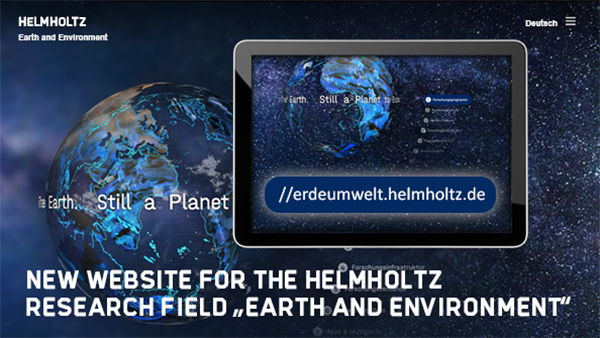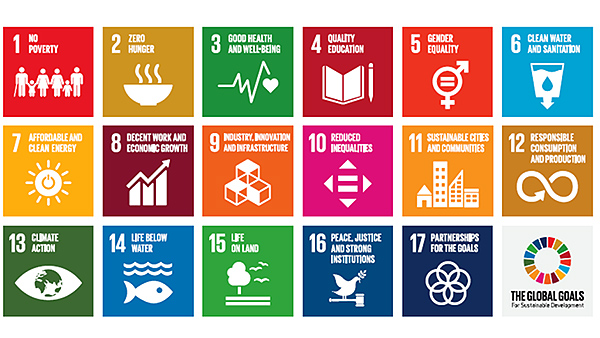We use cookies, which are necessary for the basic functionality of our website, so that it can be continuously optimised for you and its user-friendliness improved. In addition, we use the web analysis tool Matomo, which tracks data anonymously. This enables us to statistically evaluate the use of our website. Your consent to the use of Matomo can be revoked at any time via the privacy policy.



